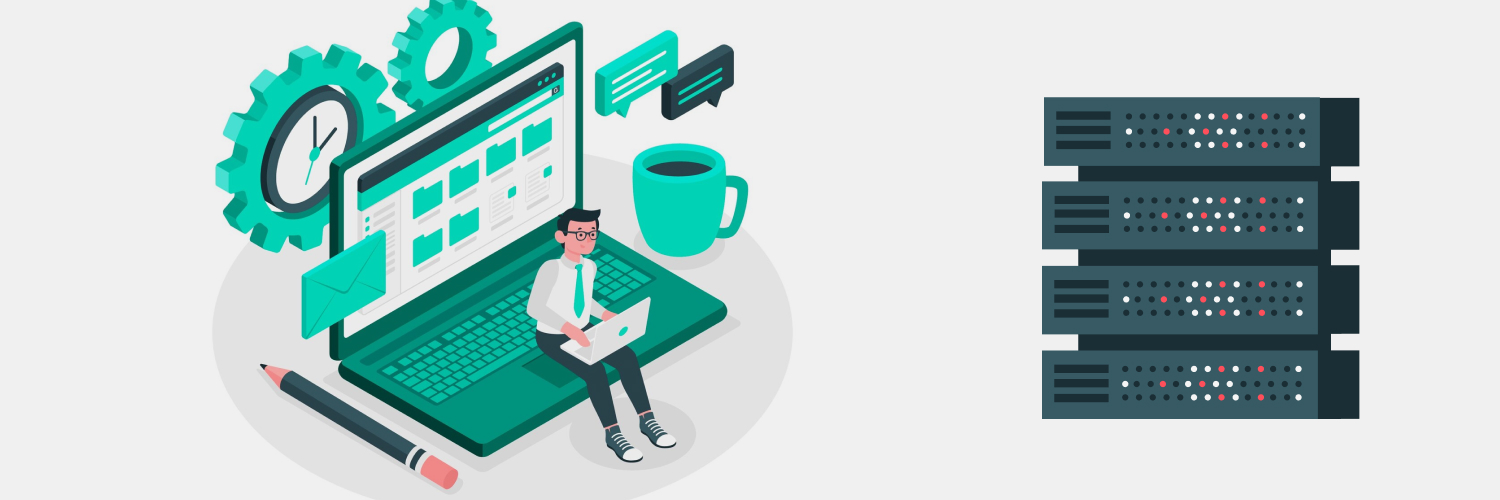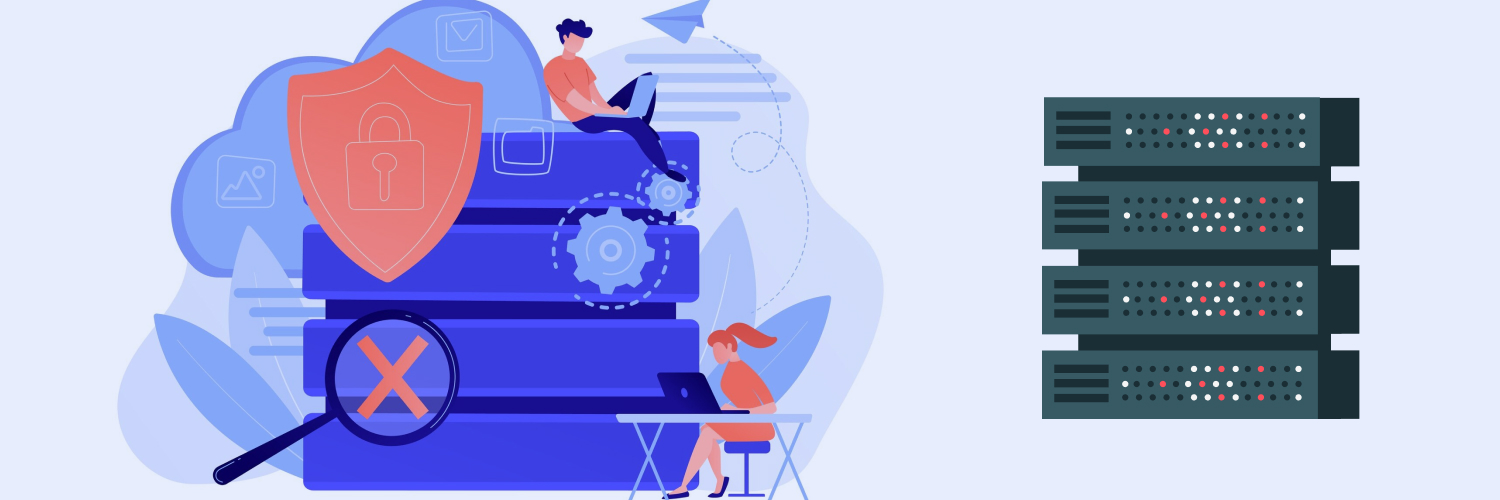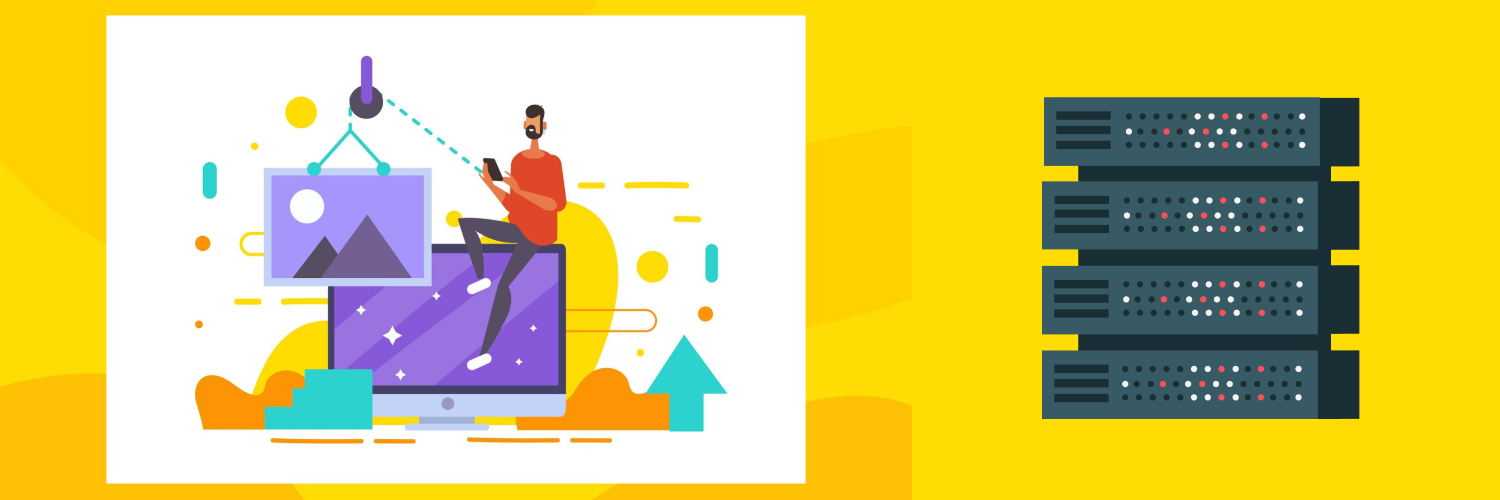Digital Privacy Tips And How To Protect Yourself Online
I came of age on the internet during a time when anyone could receive an email from a beleaguered member of a faraway royal family who needed a loan. This kind of scam is a joke now—it’s far too recognizable to work on those of us who grew up with internet access, and it seems silly that anyone could have fallen for a random email from an unknown person. Since these early scams, digital privacy has become an issue with which regular internet users are familiar. It’s more important to keep track of your personal information in order to keep it secure from bad actors on the internet.
Since so much of our transactions, work, and personal lives have moved onto the internet, we need to stay on top of our private information and personal data more aggressively. While a strong password does some of the work of protecting personal information, we need to go further and keep up with the digital threats seeking to overturn our digital security. One of the major ways to stay on top of your private information is a proxy server.
In this article, we’ll explore digital privacy and especially why proxy servers can ensure personal information security. You can click around the table of contents for more information.
Table of Contents
1. IP Addresses and Personal Data
2. How to Secure Your Data with Proxies
IP Addresses and Personal Data

Every time you go to a website, your personal device’s IP (Internet Protocol) address sends a request to the website’s server. That communication facilitates us getting onto streaming websites, talking to our friends, and doing all of our work on the internet. While it seems like the process is boundless and unrestricted, there are many checks in place that stop of us from using the internet globally.
The IP address gives the server your location, so restrictions based on physical location can stop you from accessing sites and services you want to. In order to stop you, the websites have to be able to look at your personal data (meaning exactly where you’re located) and stop you. Hiding your information is a way to use the internet more freely, whether you’re in a country that has restrictions on certain websites, or you want to access entertainment content only available in other countries.
At the same time, using your device on a public Wi-Fi network puts your IP address and your personal information security at risk. These networks are susceptible to cyber criminals because they’re available to everyone and used by everyone. It’s important to exercise caution when you’re logging onto the internet at a coffeeshop, a gym, or the public transit system.
A proxy acts like a shield between your personal device’s IP address and the website you’re working on. Since you’re connecting through the proxy IP address, the website can’t find your personal device’s IP address, and the data you have on your computer is safe from tracking because of the proxy barrier. Protecting personal information is one of the most important things we can do online because it is so valuable to criminals and companies attempting to analyze internet behavior. Criminals will try to track down your IP address to go after personal information stored on your computer. On the other hand, big companies want access to browsing data so they can effectively advertise and track the best way to convert web surfers to customers. Browsing on a public Wi-Fi hotspot can also open your device’s up to creepy, hyper-targeted advertising that follows you around. However, a proxy can provide a cloak to your IP address.
How to Secure Your Data with Proxies

The issue of how to protect personal information online does have a surprisingly simple solution. In order to avoid all the headaches of viruses, malware, information stealing, and hyper-targeted advertising, a proxy IP is the best bet.
Proxies act as a barrier between a personal device’s IP address and the server from which an internet user is requesting information and services. The proxy IP address hides your device’s IP addresses from the website, effectively stopping a bad actor from finding your personal device. They can see you web activity through the proxy IP if they hack that successfully, but your personal device is safe. This is especially important when surfing public hotspot with a personal device that probably contains personal data, from banking records to identity documents.
Outside of public Wi-Fi hotspots, government organizations like the National Security Administration (NSA) in the U.S. regularly conduct espionage over the internet. The government of China blocks a ton of websites from other countries, construction what they call a Great Firewall. Not only will a proxy help get through these blocks, they allow users to browse privately without fear of their information being tracked back to their personal IP addresses (and therefore who they are).
Since proxies provide a different IP address, their physical location can be different from your personal device’s as well. This allows users to access websites they need that are blocked in certain countries. It even helps users play video games with a proxy IP address located close to the video game’s host server—this allows players to experience fewer delays in loading the game and playing. Overseas proxies are a great way to engage with internet content that could be blocked. Outside of convenience, proxies also protect this overseas browsing from being linked back to your personal IP address.
If you’re ever on a public Wi-Fi network and browsing your usual websites, you’re opening yourself up to possible tracking that you may not want to follow you around. A proxy can provide that much-needed line of defense against cyber criminals. The shield of the proxy is part of the defense against identity theft. As the scams cyber criminals use get more advanced, we have to learn how to protect personal information online more effectively. A proxy IP address is a very important piece of keeping your personal data safe.
Internet behavior is valuable in a variety of ways, so it’s important to learn how to keep your information private. Targeted advertising and personalized browsing can be fun, but it comes from massive amounts of data collection that you may or may not have decided to opt into. A proxy gives a more secure browsing experience because it stops websites that you visit a lot from tracking your personal IP address and sending you extremely targeted advertising. Proxies can help you protect your internet footprint from being too recognizable.
Buying a Proxy to Protect Private Information

Proxies are becoming more widely available as they become the best answer to the question of how to secure your data. In addition to giving you the freedom to surf the internet anonymously and avoid geoblocking, proxies give you faster browsing times.
While there are some free proxy providers you can sign up for, we highly suggest looking into paid options for proxies. A free proxy does the basic job of concealing your IP address, but you would run into the issue again of your data being up for grabs if cyber attackers go after the free proxy. It introduces the same problem as the public Wi-Fi hotspot. Internet speeds are also likely to be slower with free proxies. Since proxies are supposed to protect your data, you want to make sure the proxy you have is committed to protecting personal information.
Proxies that you have to pay for are more likely to be compliant with privacy laws that are in place to protect consumers. If you’re using a proxy IP address with a European location, it would have to comply with GDPR laws. A proxy IP based in California would similarly have to comply with their privacy act.
Rayobyte offers a variety of plans for buying proxies to protect your personal information: starter, personal, corporate, and enterprise. Proxies can give you a number of different IP addresses, which mask you effectively from bad actors and data collectors that you want to avoid to protect your digital privacy. The starter and personal plans are best for internet surfers looking to protect their personal information and avoid surveillance from companies and government organizations.
The variety of IP addresses that we at Rayobyte offer from our proxies also give you the ability to keep accessing websites if they ban one of the IP addresses from the proxy. Since Rayobyte can also offer dedicated, semi-dedicated, and rotating proxies, you’re less likely to experience delays in internet speed or random bans, like you would on a free and shared proxy. They’re extremely cost-effective, and you can pay as little as $0.48 per IP address on your proxy. Ensuring digital privacy is always a good investment.
Part of the difference with our proxies is that Rayobyte has end-to-end control of all of the proxy hardware. Rayobyte can offer better privacy controls because of this attention to the hardware. In addition, we offer free automatic replacements every month for your proxy IP addresses. Finally, we have free unlimited bandwidth so you can use your proxies to do as much surfing, web scraping, and sneaker shopping as you need. Rayobyte offers the best proxies that we can because we believe in the freedom to roam the internet without fear of identity theft, threat actors, or spying. If you do ever have an issue with security, we also have 24/7 customer support.
Protecting Personal Information for Peace of Mind

Learning how to protect your privacy online is the most important way to function on the internet these days. Since so much of our work, personal lives, and even shopping has migrated to internet facilitators, there’s a ton of valuable information produced and routed through websites every day. Ensuring digital privacy through proxies gives you peace of mind and allows you to have work and leisure time on the internet without the threat and headaches of identity theft.
The internet has a ton of opportunities for data collection and staying on top of sneaker drops. From your side, a proxy helps you do all of this web scraping and trend watching without staying stuck to an IP address that could get banned. If your personal device’s IP address keeps getting flagged and banned, your internet browsing experience is compromised. Proxy IP addresses give you more freedom and more security because your personal device’s IP address has a big shield in front of it in the form of a proxy IP address. The proxy lets you keep track of your online security, and you’ll no longer be browsing with one hand tied behind your back.
Although a good proxy with multiple IP addresses will cost some money, it is much less expensive than dealing with identity theft or being forced to replace your computer because of viruses and malware. You also get the peace of mind of protecting everything: your browsing habits, your financial information, and your ability to access websites without geoblocking.
Conclusion
Internet scams are no longer as obvious as they once were. Cyber criminals looking for your personal information don’t come from random foreign princes anymore—they can come from anywhere without your knowledge. We have to invest in proxies we trust to protect our information as if it were their own.
Luckily, proxies are a simple solution to an ever-expanding problem. Digital privacy shouldn’t feel like a hassle, and we should be able to keep up on top of our own personal information without obsessively tracking everything. Proxies provide that service without having to make a major change in your internet habits.
The information contained within this article, including information posted by official staff, guest-submitted material, message board postings, or other third-party material is presented solely for the purposes of education and furtherance of the knowledge of the reader. All trademarks used in this publication are hereby acknowledged as the property of their respective owners.





